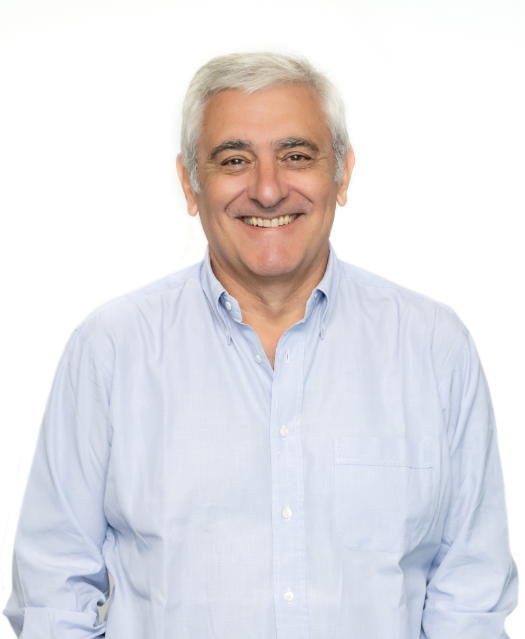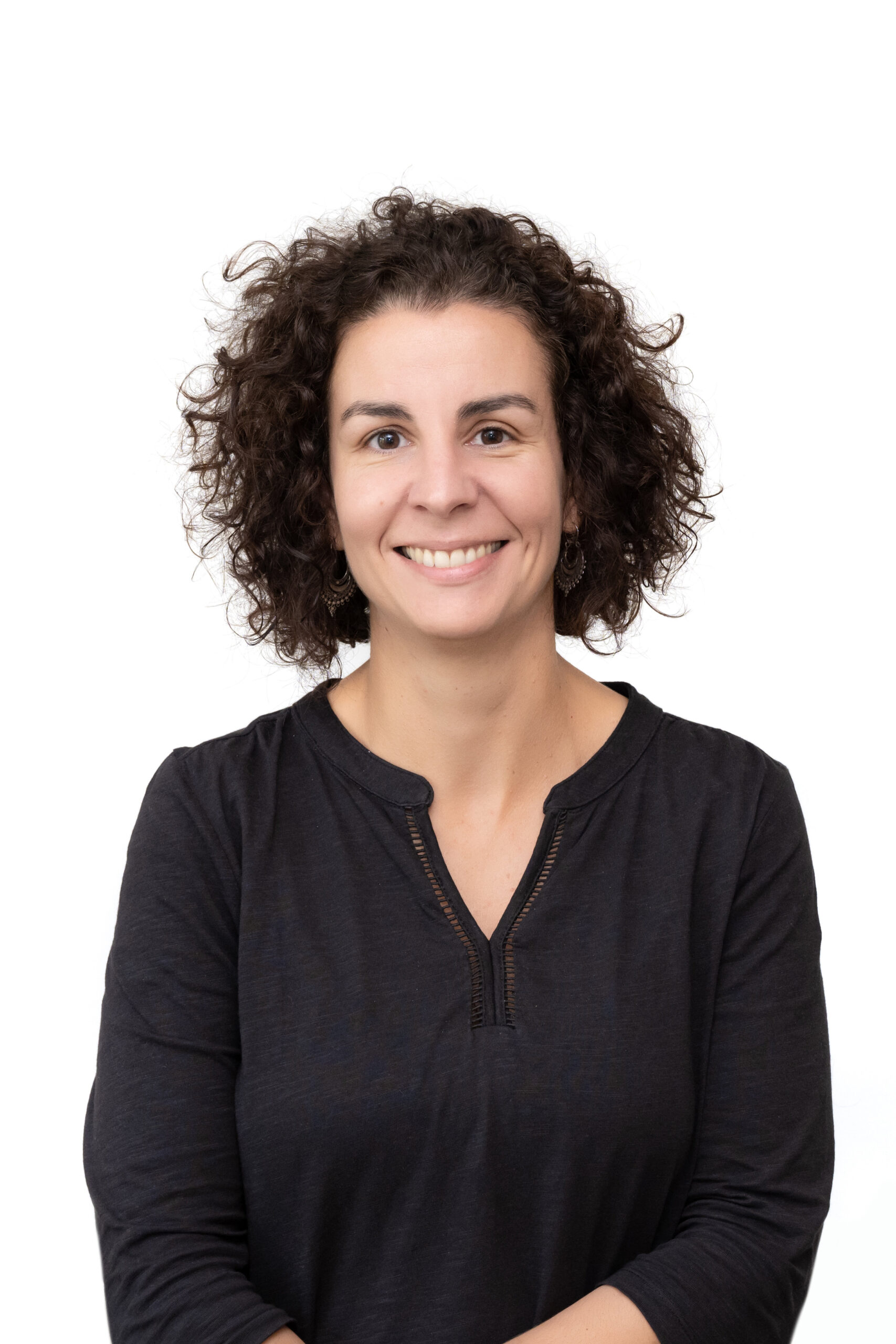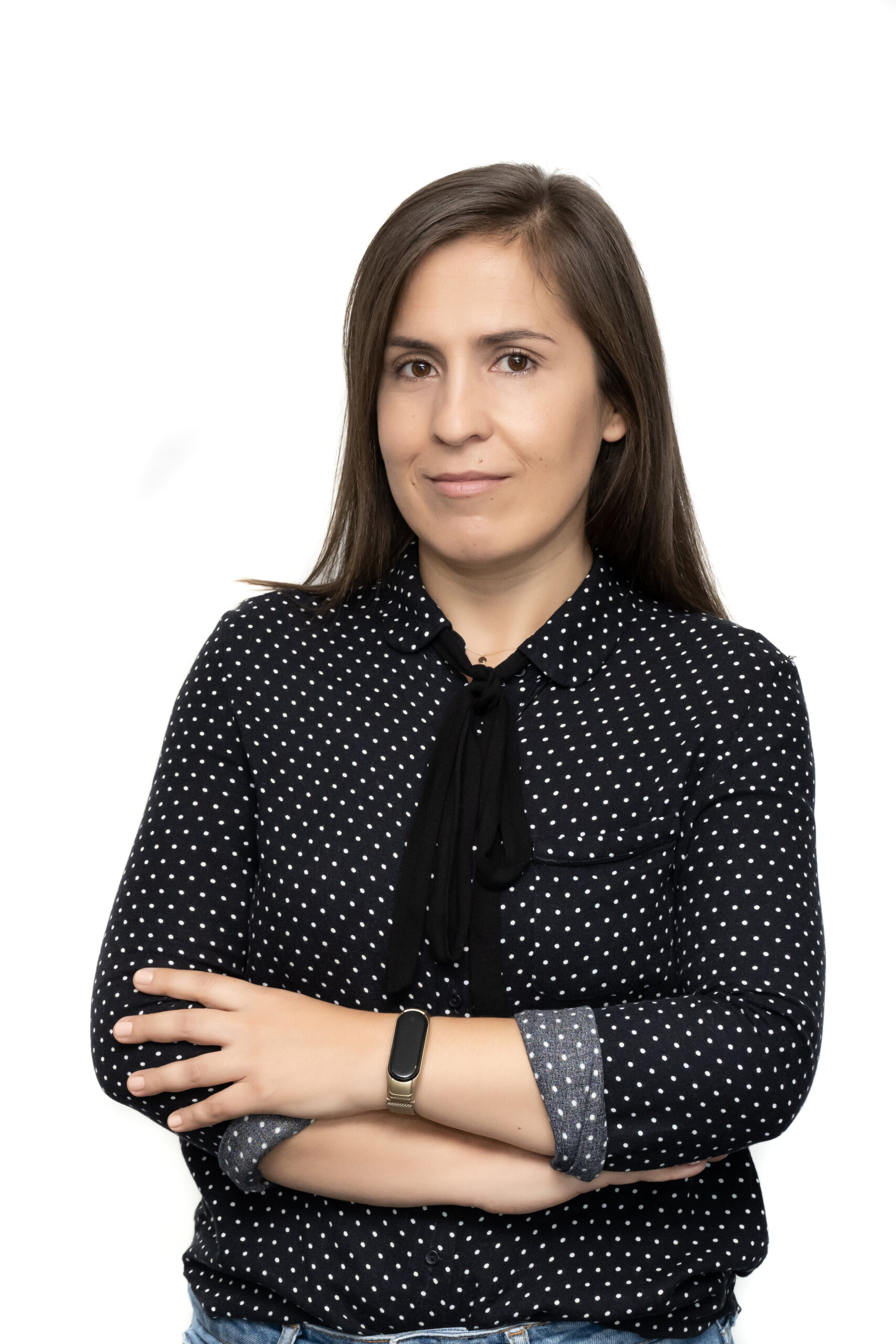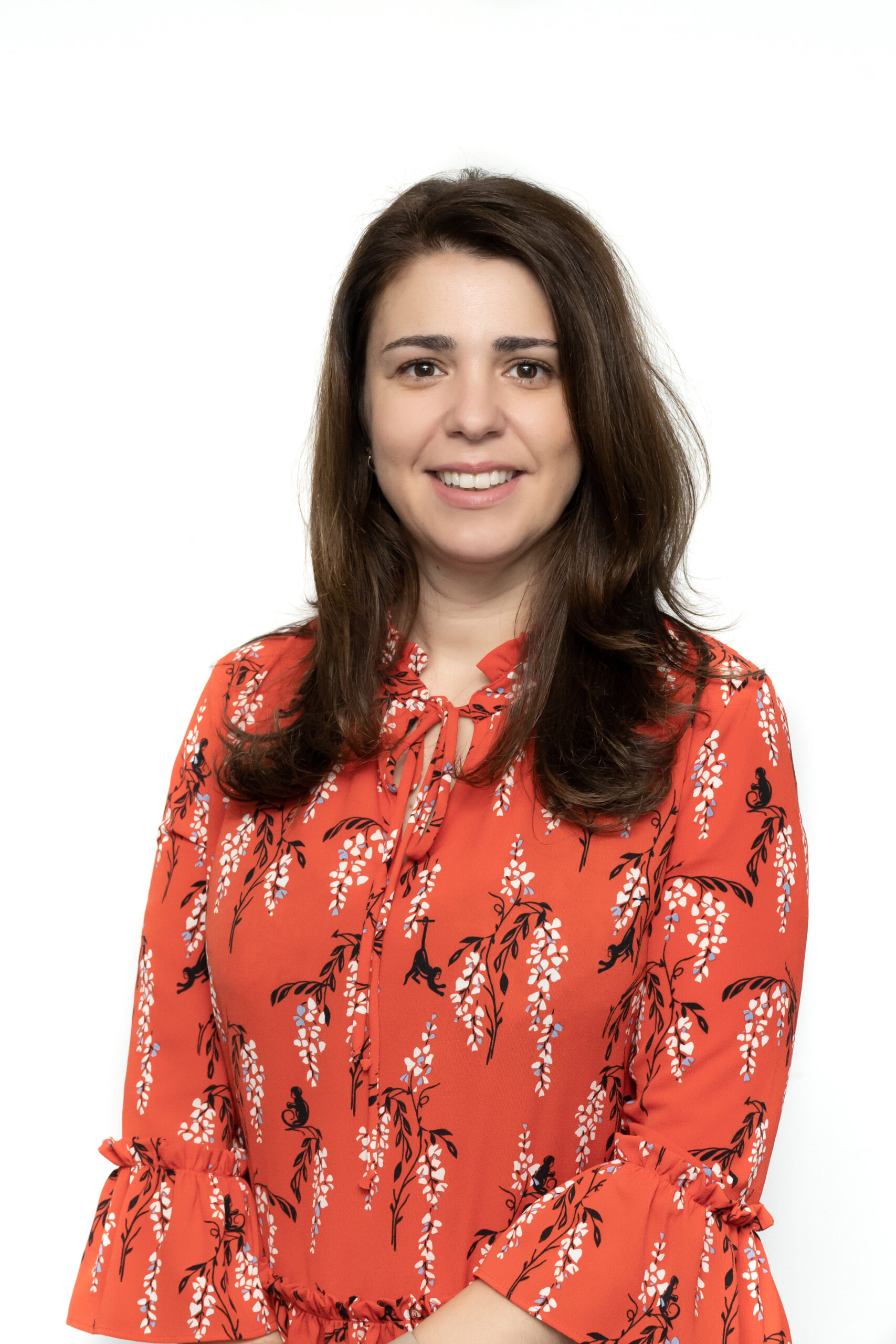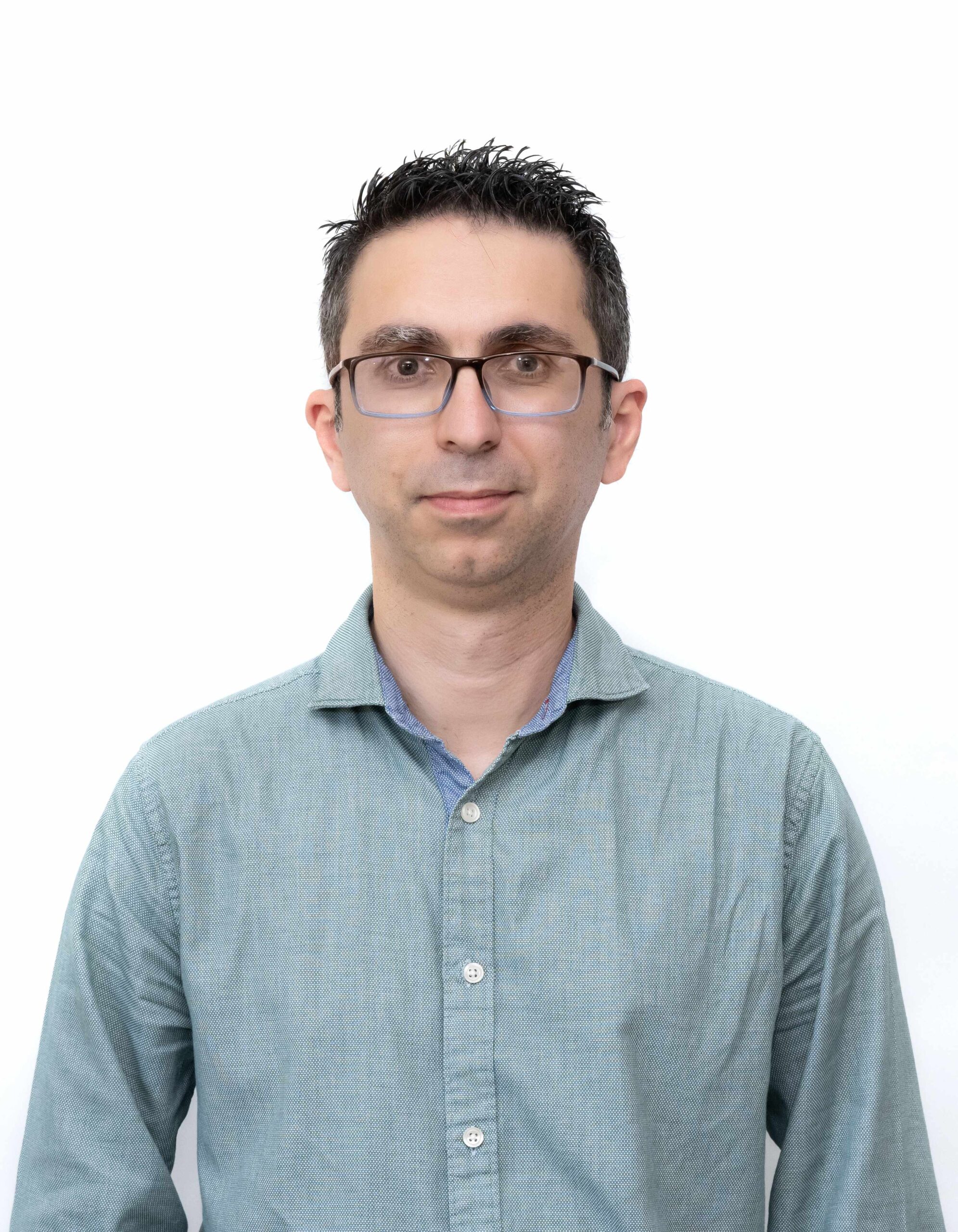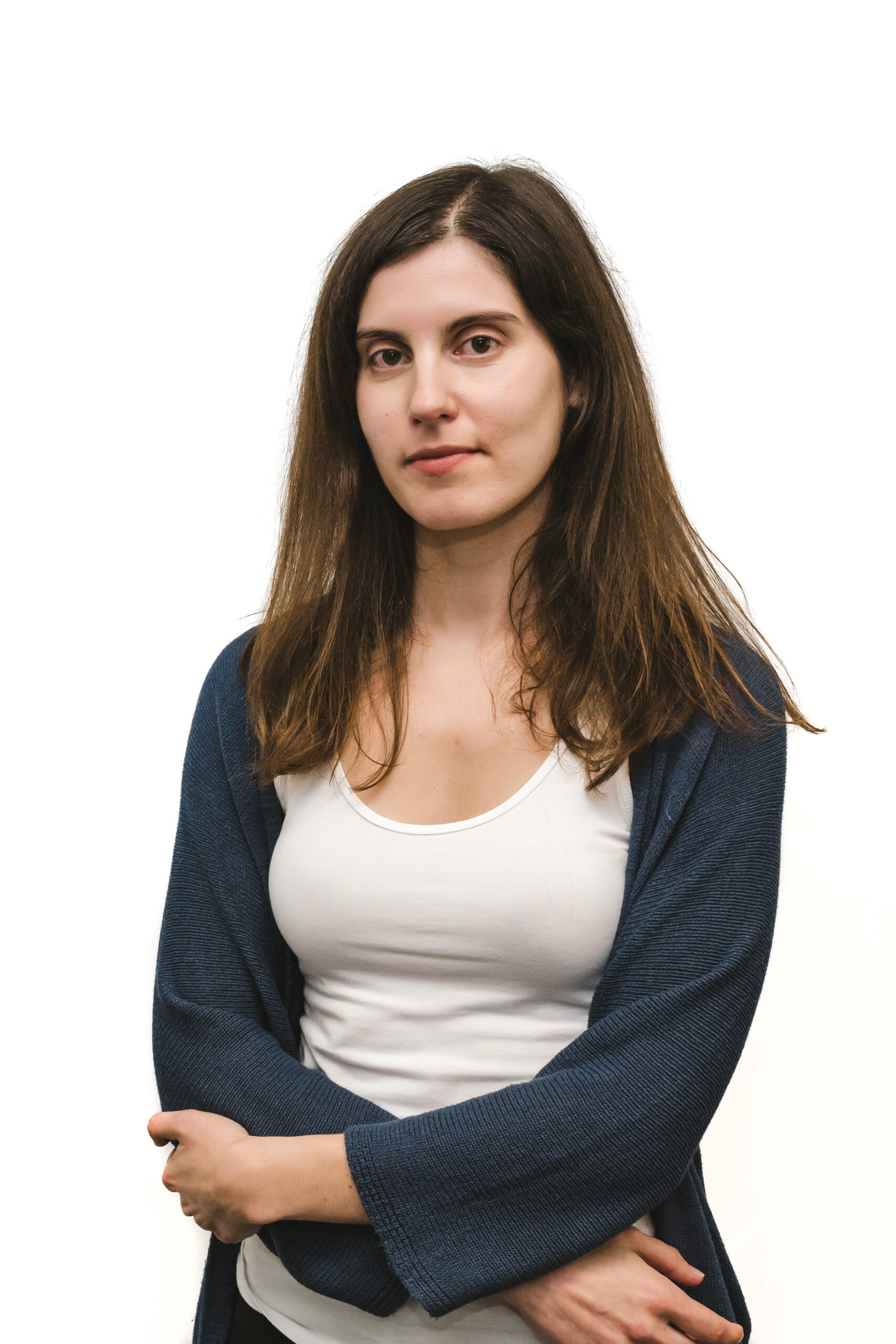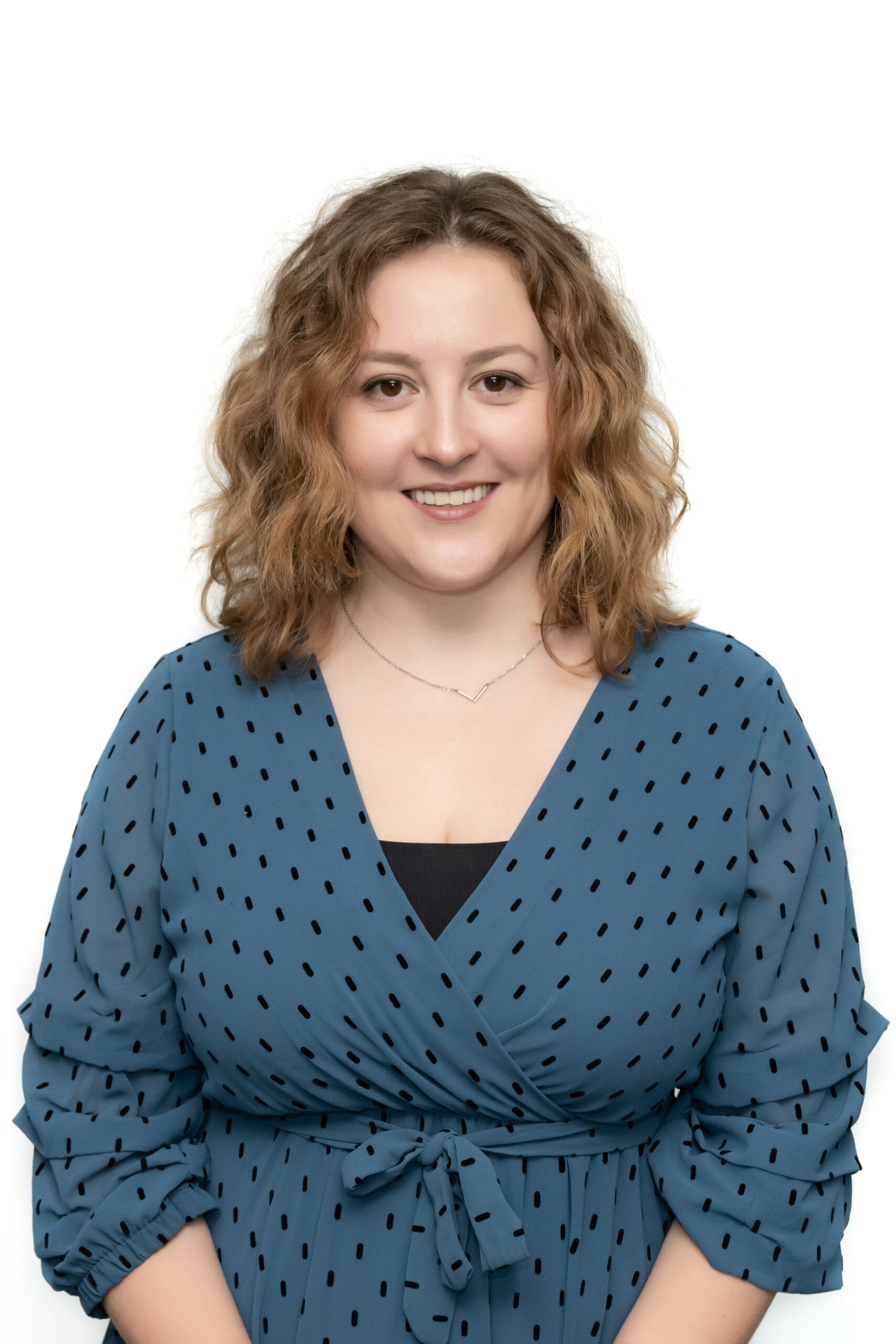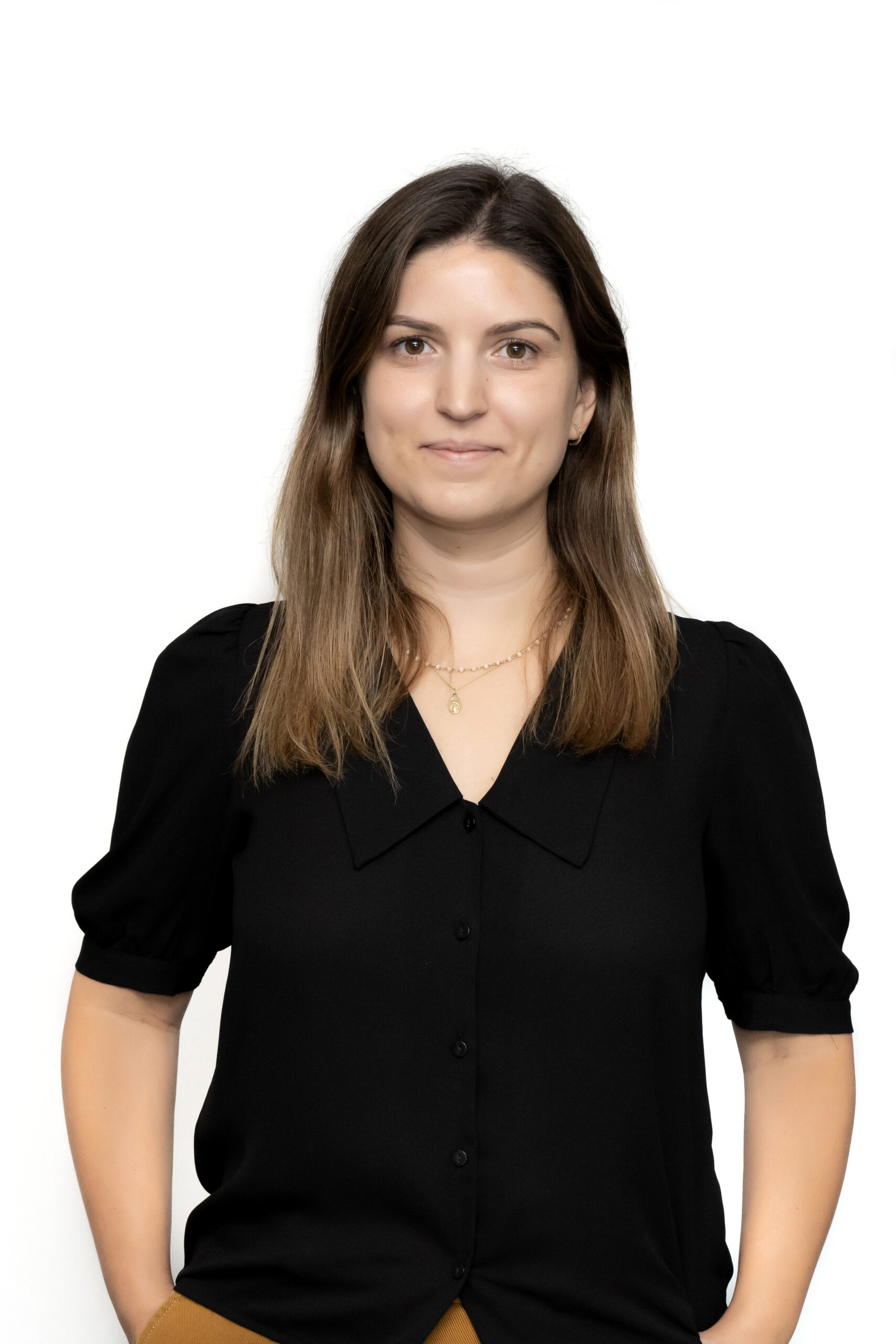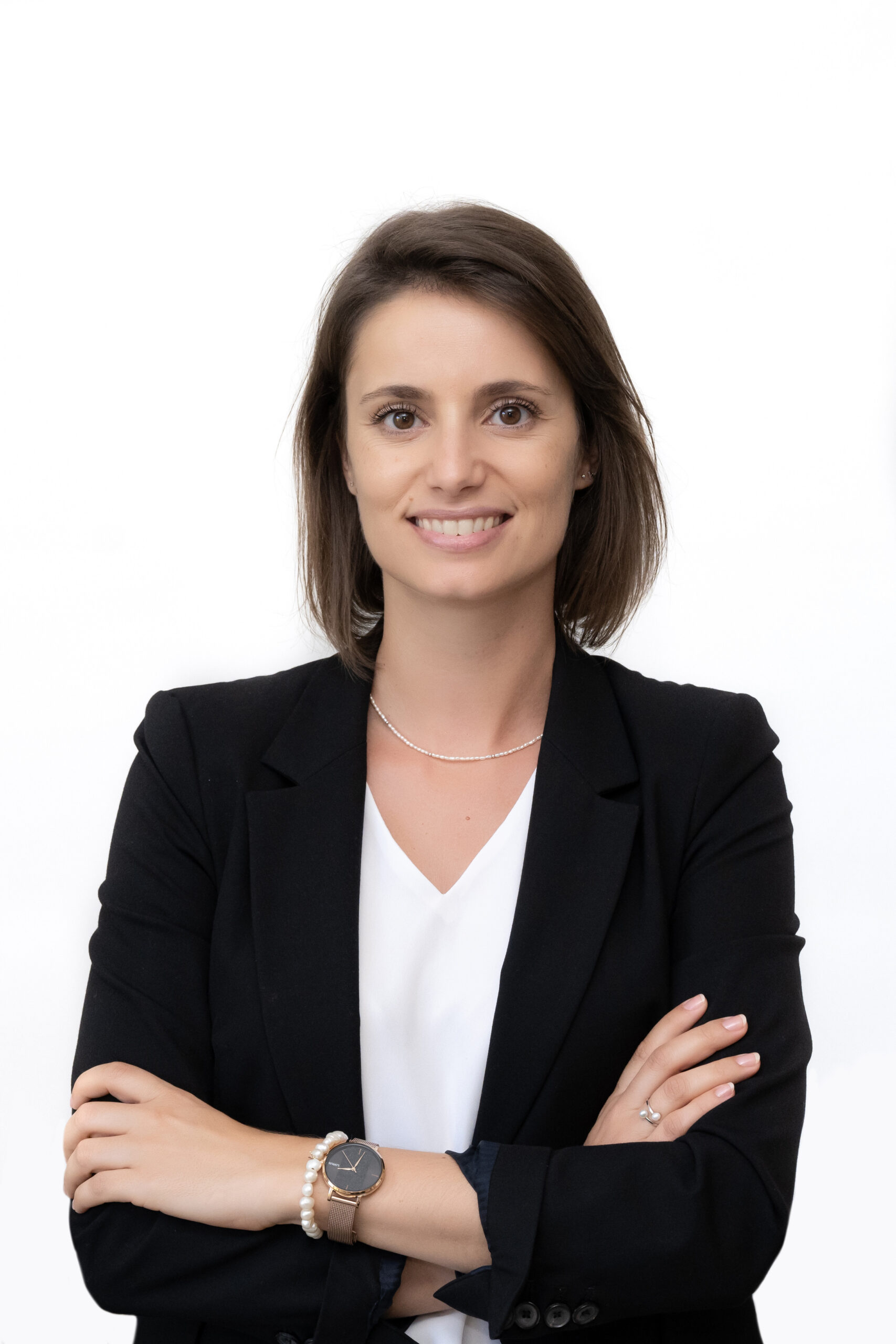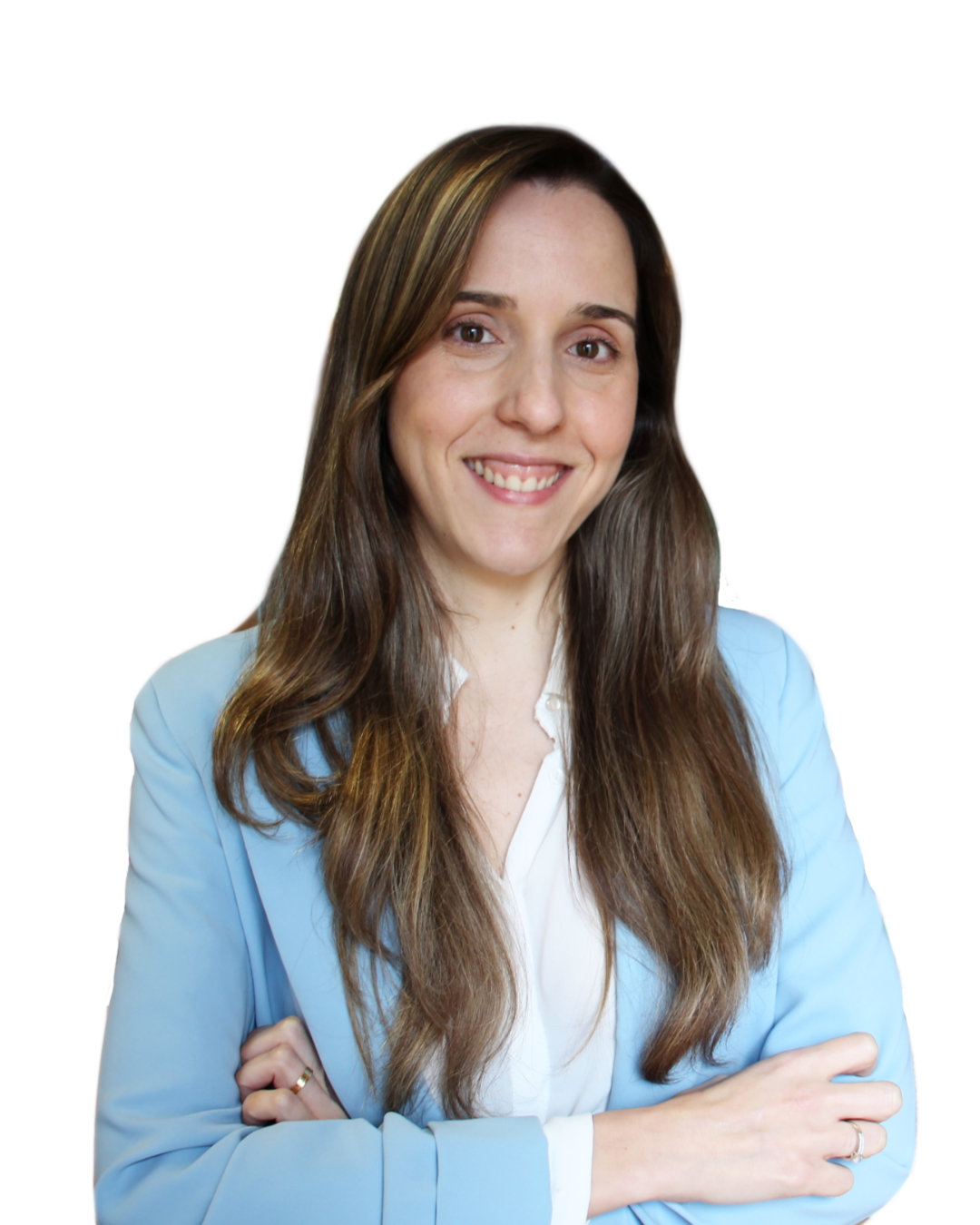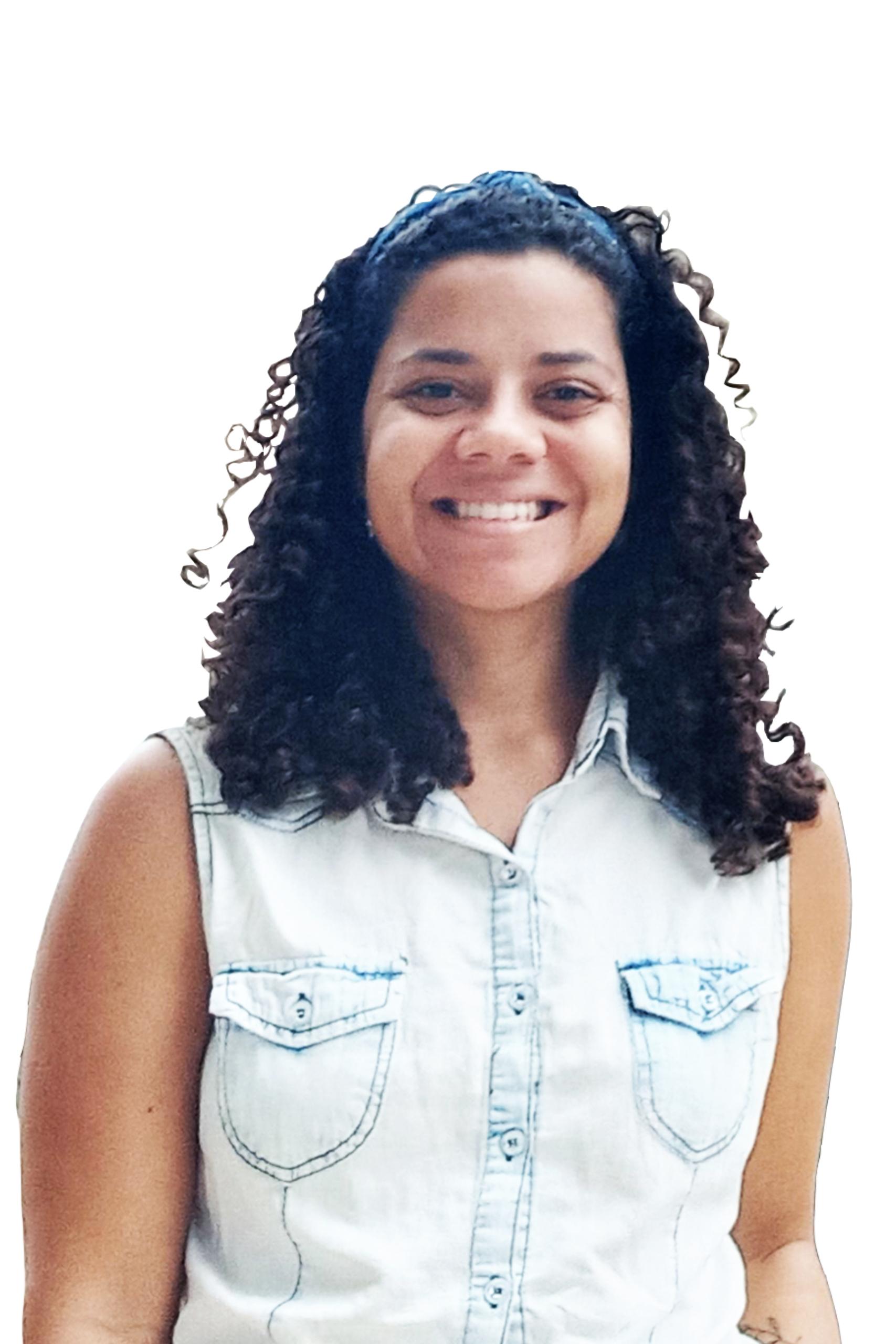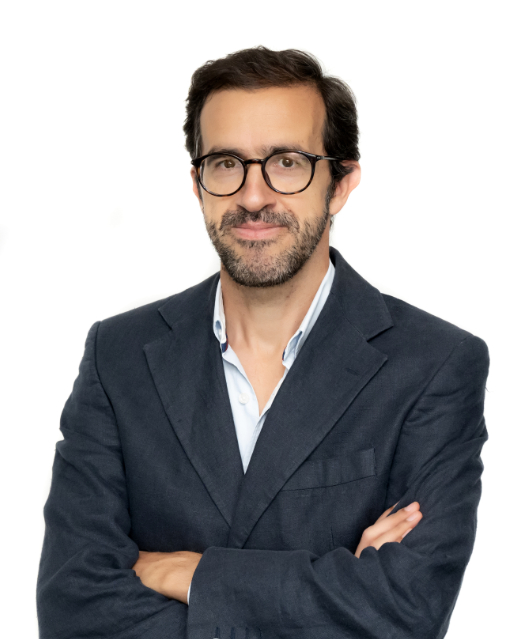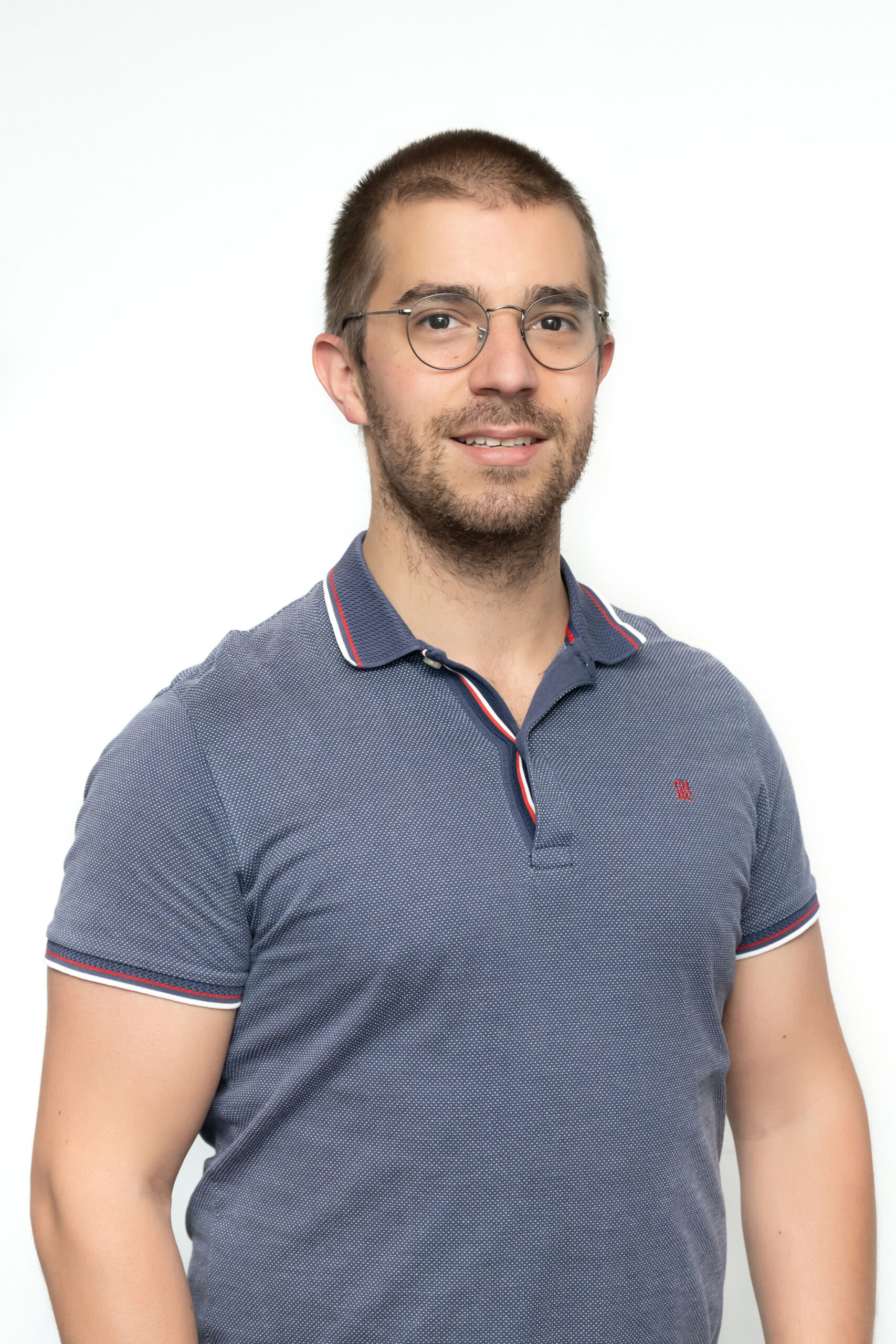It is the time to launch a missing piece in public health education in Portugal, similarly to numerous other countries: an undergraduate degree that can direct young professionals to the broad range of public health careers, from jobs in the Portuguese National Health Service to the opportunities in European Union institutions or in the private or third sectors.
The Bachelor’s Degree Programme in Public Health is the first of its kind in Portugal, providing comprehensive and up-to-date training in the various areas of knowledge that build and improve population health, drawing from over 25 years of experience in public health education.
In this new degree program, we offer an interdisciplinary approach based on the latest international scientific knowledge, designing the training of professionals with recognized competencies in the areas of health protection and promotion, as well as disease prevention and management.
Students also have the opportunity to learn about the health system and engage with the best research in population health, from disease determinants to public policies. We encourage a broad and critical perspective on current public health challenges, whether they are local, national, or global.
Graduates in Public Health will be prepared to work in various institutions such as:
– Public Health Units within the National Health Service;
– Organizations that develop technical guidance for public health policies at national and international levels, particularly within the European Union system and in Portuguese-speaking countries;
– Research units in healthcare: hospitals and primary care;
– Community-based organizations, e.g., patient advocacy groups;
– Private sector companies in the field of clinical research and technological development.
Graduates may also pursue academic careers in one of the multiple areas of Public Health.
APPLICATIONS OPEN!


